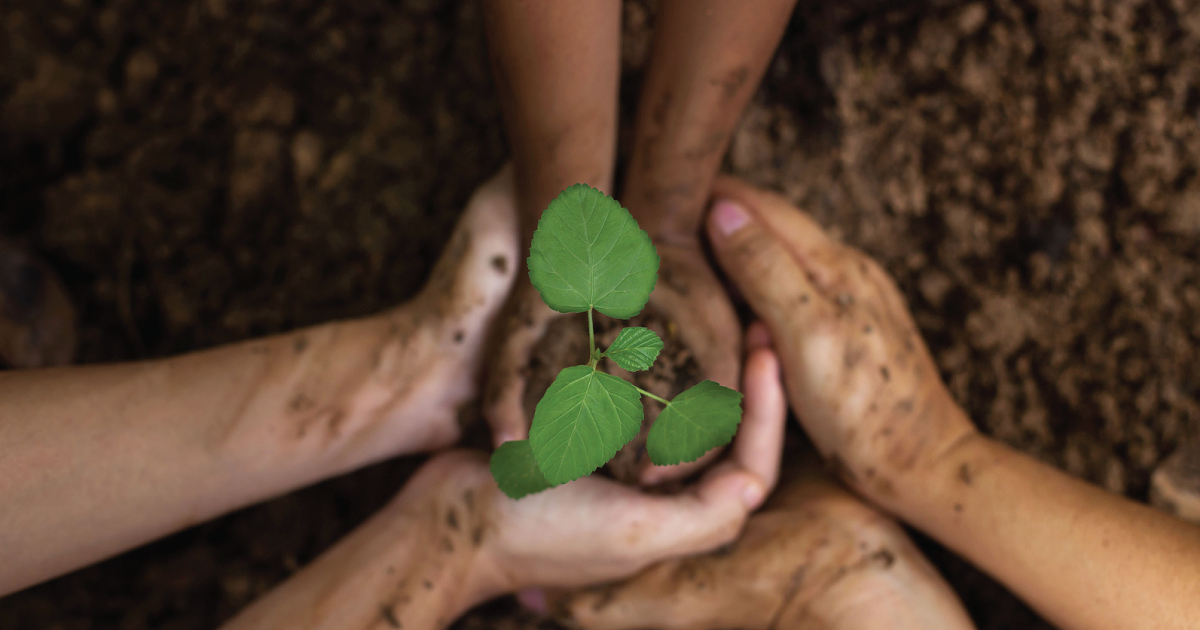
Seed Saving Movement Calls for Seeds To Be Publicly Owned
Seeds need to be brought back into public ownership, rather than belonging to a small group of agrochemical companies, say campaigners, after a year in which seed-swapping and saving has reached new heights of popularity.
December 28, 2020 | Source: The Guardian | by Alexandra Genova
Seeds need to be brought back into public ownership, rather than belonging to a small group of agrochemical companies, say campaigners, after a year in which seed-swapping and saving has reached new heights of popularity.
From March onwards, when the pandemic hit the UK, seed producers and seed banks across the country were overwhelmed with demand. Organisations such as the Seed Cooperative, Vital Seeds and Irish Seed Savers saw a sharp surge in orders, 600% in some cases.
David Price, managing director of the Seed Cooperative, says this rise in sales could be attributed to new and returning small-scale growers responding to empty supermarket shelves and spending more time in green spaces. And commercial growers were also inundated with orders for organic, locally produced food.
This has in turn drawn attention to the seed saving movement, which has been quietly growing in the UK for some time. Made up of growers of all types – from farms, small allotments, back gardens and even school playgrounds – these individuals and groups are linked through formal and informal networks. Swaps can simply mean a friend exchanging some tomato seeds for radishes, or participating in larger events such as Seedy Sunday, the UK’s biggest and longest running seed swap held in Brighton every February.
